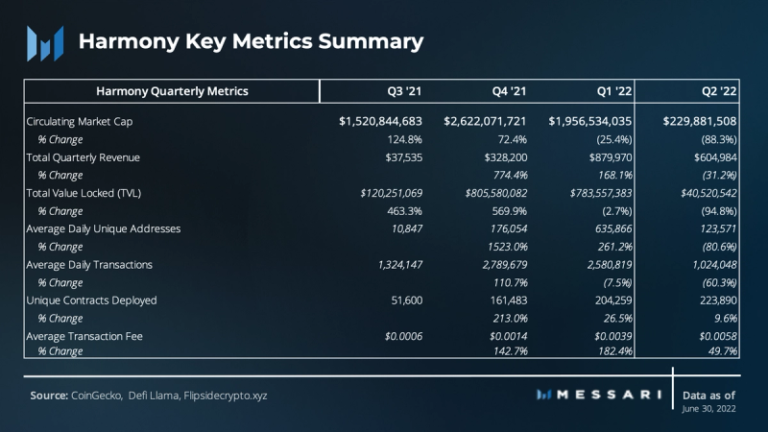The announcement by Proof of Conference (POC) cancelling their NFT conference has received some criticism from the community. The company states that they made the decision after weeks of sales data, speaking with potential sponsors, and talking to community members, and that ultimately cancelling the conference was the best choice. They also mention that they explored alternative options, such as a smaller venue at a different location, reducing the scope of the event and lowering the ticket pricing, and even converting it to virtual-only.
The company has also provided information regarding refunds for tickets, upgrades, and any related transaction fees. They have also worked with their partners to ensure that all hotels booked using their half-priced discounts are fully refundable. For those who booked through their rates and still plan on being in LA despite the conference cancellation, they are offering assistance with rebookings.
The company acknowledged that the cancellation is disappointing to many of their audience, especially those that have experienced the advantages of connecting with the community through Proof events. However, they assured their audience that this is not a permanent cancellation of their events and that they plan to have smaller focused events this year until market interest warrants a larger conference.
Some members of the community have criticized POC’s inability to put the event together despite raising over $200 million. They also expressed disappointment that they will not be able to attend the conference and jokingly mentioned hoping for more fanny packs instead.
The cancellation of the POC NFT conference has received some criticism from the community. However, the company has provided clear information regarding refunds and assistance with rebookings for those who have already made arrangements. They have also assured their audience that this is not a permanent cancellation of their events and that they plan to have smaller focused events this year until market interest warrants a larger conference.
Are Proof and Moonbirds dead?
The announcement made by PROOF suggests that they have decided to cancel a conference that was supposed to take place. They argue that the cancellation will allow them to focus on their main priorities, which are developing products, art, and fostering connections within their community. PROOF also claims that they will be providing updates on their initiatives on March 2nd, and that they will continue to hold smaller events until market interest warrants a larger conference.
However, the language used in the announcement suggests that the cancellation of the conference might be a way to distract from its failure. The statement begins by emphasizing how difficult it was to organize the conference, implying that the cancellation was a difficult decision to make. This language could be seen as an attempt to deflect criticism or blame for the failure of the conference. Additionally, the organization emphasizes their focus on execution and provides a specific date for updates on their initiatives, which could be interpreted as an attempt to shift attention away from the cancelled event.
Moreover, the announcement doesn’t provide a clear explanation of why the conference was cancelled or what led to its failure. This lack of transparency might further suggest that the cancellation was not entirely due to their focus on their core priorities, but rather a consequence of unforeseen circumstances. The organization’s assurance that smaller events will continue to be held until market interest warrants a larger conference may also be a way to maintain a semblance of normalcy and prevent any backlash from their community.
While the announcement suggests that the organization is refocusing on its core priorities, the language used and lack of transparency may indicate that the cancellation of the conference was an attempt to distract from its failure. It is important for organizations to be transparent with their community about the reasons for event cancellations to maintain trust and avoid any suspicions of ulterior motives.
Web2 founders not cut out for web3?
Kevin Rose is a prominent technology entrepreneur and investor, best known as the co-founder of Digg, a social news website that became popular in the mid-2000s. He has since been involved in various other ventures and investments, including the creation of a venture capital firm called True Ventures.
In recent years, Rose has been an active participant in the web3 ecosystem, which refers to the decentralized and blockchain-based technologies that are emerging as a new paradigm for the internet. He has invested in several web3 startups and has been a vocal advocate for the potential of blockchain technology to transform industries.
However, Rose’s foray into web3 has had its share of highs and lows. On one hand, he has been involved in some successful projects, such as the creation of the popular cryptocurrency trading app, Blockfolio, which was acquired for over $150 million. On the other hand, he has also faced some setbacks, such as the failure of his decentralized finance (DeFi) project, Oink, which shut down after only a few months.
Despite these challenges, Rose’s experience in the web3 space has been a valuable learning opportunity for him and has added another notch to his belt as a tech entrepreneur and investor. It also highlights the reality that even experienced entrepreneurs are not guaranteed success in the web3 space, which is still in its early stages and subject to many uncertainties and challenges.
Overall, Rose’s involvement in the web3 ecosystem has been a testament to his willingness to embrace new and emerging technologies and to take risks in pursuit of new opportunities. His experiences and insights will likely continue to be valuable for him and for others in the tech community as the web3 ecosystem continues to evolve.





